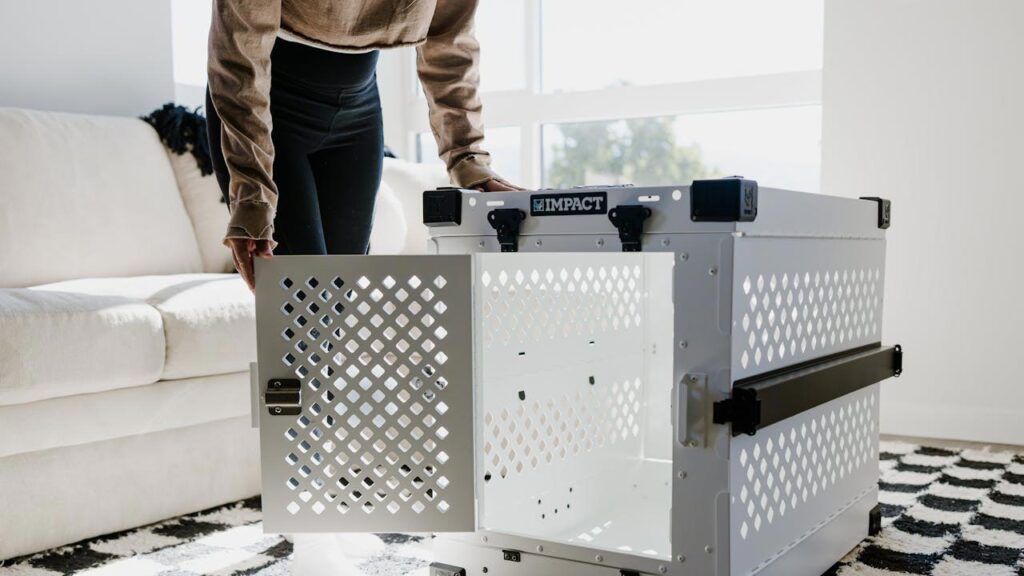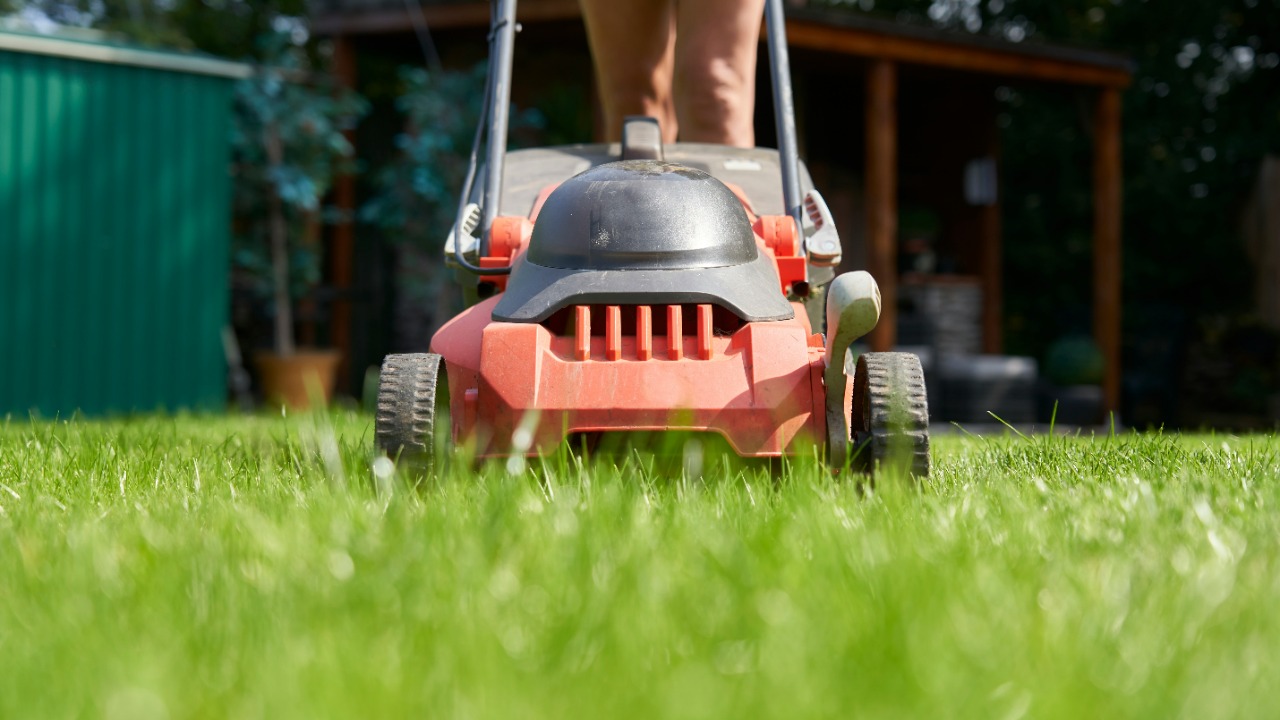Retirement is a time to enjoy the fruits of your labor, but it’s also important to be mindful of spending. Certain purchases can drain your savings without adding real value to your life. Here’s a list of 17 items that retirees might consider cutting back on to preserve their financial well-being.
1. Brand-New Cars

New vehicles depreciate rapidly, losing a significant portion of their value in the first year. Opting for a reliable used car can provide the same functionality at a fraction of the cost.
Considering the reduced need for commuting in retirement, investing in a less expensive vehicle can free up funds for other priorities.
2. Expensive Home Renovations

While updating your home can be tempting, large-scale renovations may not offer a good return on investment, especially if you plan to stay in the home long-term.
Focusing on necessary repairs and minor updates can maintain your home’s comfort without overspending.
3. Timeshares

Timeshares often come with high upfront costs and ongoing maintenance fees, limiting flexibility in travel plans.
Exploring vacation rentals or travel deals can offer more freedom and potentially lower expenses.
4. Excessive Life Insurance

As financial obligations decrease in retirement, the need for large life insurance policies may diminish.
Reviewing your coverage can help ensure you’re not paying for unnecessary policies.
5. Luxury Vehicles

High-end cars come with increased costs for insurance, maintenance, and fuel.
Choosing a more economical vehicle can reduce expenses without sacrificing reliability.
6. Unused Gym Memberships

Monthly gym fees can add up, especially if the facility isn’t used regularly.
Staying active through walking, home exercises, or community classes can be cost-effective alternatives.
7. Premium Cable Packages

Many retirees pay for extensive cable packages but watch only a few channels.
Switching to streaming services or basic cable can reduce monthly bills.
8. Frequent Dining Out

Regularly eating at restaurants can strain a fixed income.
Cooking at home not only saves money but also allows for healthier meal choices.
9. Impulse Purchases

Spontaneous buying can lead to clutter and unnecessary expenses.
Creating a shopping list and sticking to it helps control spending.
10. High-Interest Credit Cards

Carrying balances on credit cards with high interest rates can quickly erode savings.
Paying off debts and using cards responsibly is crucial for financial health.
11. Extended Warranties

These warranties often duplicate existing coverage and may go unused.
Setting aside funds for potential repairs can be a more economical strategy.
12. Trendy Gadgets

New tech devices can be expensive and may not significantly enhance daily life.
Evaluating the practicality of gadgets before purchasing can prevent unnecessary spending.
13. Designer Clothing

High-priced fashion items may not offer better quality than affordable alternatives.
Focusing on comfort and durability can lead to smarter clothing investments.
14. Bottled Water

Regularly buying bottled water is costly and environmentally unfriendly.
Using a reusable bottle and home filtration system is a sustainable choice.
15. Subscription Services

Multiple subscriptions can go unnoticed and accumulate significant costs over time.
Regularly reviewing and canceling unused services helps manage expenses.
16. Fancy Lawn Care Services

Hiring professional landscapers can be expensive.
Maintaining your yard or simplifying landscaping can reduce costs.
17. Overpriced Vacations

Lavish trips can deplete savings quickly.
Planning budget-friendly vacations ensures enjoyment without financial strain.
Being mindful of these expenditures can help retirees maintain financial stability and enjoy their retirement years without unnecessary stress.

Alexander Clark is a financial writer with a knack for breaking down complex market trends and economic shifts. As a contributor to The Daily Overview, he offers readers clear, insightful analysis on everything from market movements to personal finance strategies. With a keen eye for detail and a passion for keeping up with the fast-paced world of finance, Alexander strives to make financial news accessible and engaging for everyone.


